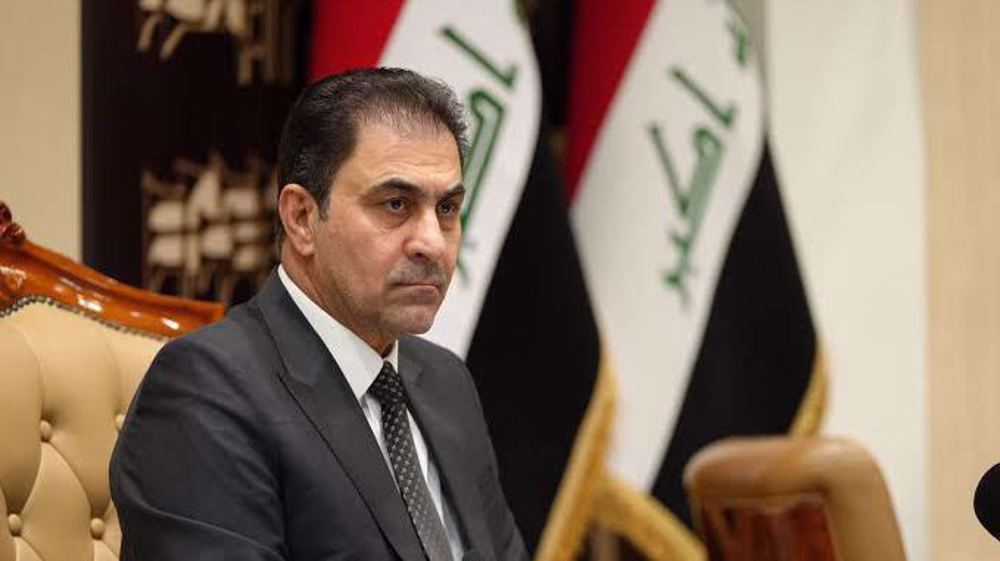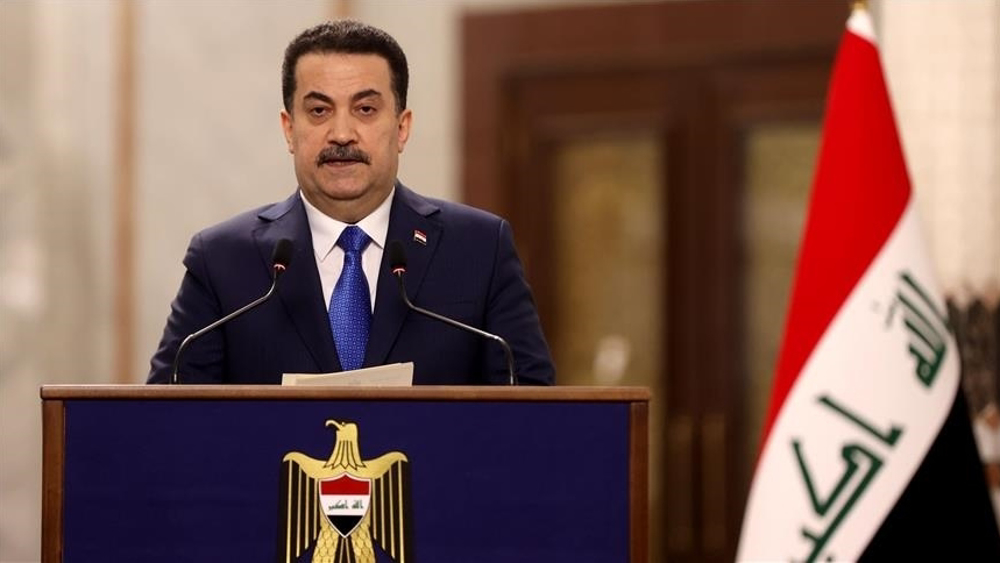Iraqi delegation to visit Turkey over water dispute
An Iraqi government delegation will visit Turkey to discuss the country’s water share amid environmental concerns over Turkey’s Ilisu Dam on the Tigris River.
Iraqi Water Resources Minister Hassan al-Janabi told the al-Sabaah newspaper on Saturday that the planned visit will take place soon. “All regions of Iraq face the danger of water scarcity,” he said.
Last December, Janabi warned that farmers in swathes of southern Iraq had too little water to plant and that some areas may face drinking water shortage in the summer.
He also estimated that the amount of water flowing in key Iraqi rivers had fallen by at least 40 percent in recent decades due to erratic rainfall and construction of dams in neighboring countries.
Damage to Iraq’s own dams and other infrastructure from years of counter-terrorism battle has also affected water supplies, the minister added.
Hamid al-Nayef, spokesperson of Iraq's Agriculture Ministry, told al-Sabaah that the drop in rainfall rates had contributed to the decline of water levels at the rivers.
“Iraq has made official requests to Turkey and Syria to release its share of Euphrates and Tigris rivers, which have witnessed a great decline,” Nayef said.
The requests came after “those countries failed to commit to agreements and mechanisms determining each country’s share for many reasons, including the construction of dams," he pointed out.
Moreover, Iraqi lawmaker Hilal al-Sahlani cautioned that the water scarcity might lead to the removal of the southern Ahwar marshes from the UNESCO world heritage list.
“As the water crisis exacerbates, Iraq will sooner or later lose Ahwar from the world heritage list,” he said.
As part of its Southeastern Anatolia Project known as GAP, Turkey has built 22 dams on the Tigris and Euphrates rivers, which also run across Syria, Iraq and Iran.
One of them is the controversial Ilisu dam project which is executed by US, German and Israeli firms among others. The project is to swallow up more than 80 villages and hamlets and produce 7,500 megawatts of electricity.
The project has reportedly reduced water flow in the rivers’ basin by 34 percent and caused 94 percent of the Mesopotamia to dry up, kicking up dust storms in Syria and Iraq which head to Iran and cripple life in its southwestern and western provinces.
Hedayat Fahmi of Iran’s Energy Ministry complained last month that Turkey was exacerbating the situation by continuing to build more dams, leaving more parched river basins which become new breeding grounds for dust storms.
VIDEO | Former FBI agent criticizes US Congress for 'outright corruption'
IRGC chief urges Muslim countries to cut aid routes to Israel
'New chapter in cooperation': Iran, Venezuela sign new MoUs
Jordan sentences former lawmaker for supporting Palestinian resistance
Basij volunteer forces hold massive drills in southwestern Iran
Israeli war criminals 'not welcome', US city says after ICC ruling
US vetoing of Gaza ceasefire resolution ‘disgraceful’: Iran’s UN envoy
VIDEO | IAEA adopts anti-Iran resolution tabled by E3











 This makes it easy to access the Press TV website
This makes it easy to access the Press TV website